St Peter Canisius SJ (1521-1597) – The Known as “The Hammer of Protestantism,” “Second Apostle of Germany” – Confessor, Doctor of the Church, Dutch Priest of the Society of Jesus, Reformer, Teacher, Writer, Apostle of Charity. Patronages – Catholic Press, Germany, Catechists. The restoration of the Catholic Church in Germany after the Protestant Reformation is largely attributed to the work there of the Society of Jesus, which he led.
“Peter Canisius was the first publisher, the first author, the first editor of the Society of Jesus. By now, Jesuits have followed in his footsteps to the tune of having published in 400 years, thousands of books. From the time of Canisius, and his name is first in the bibliography of Jesuit writers, from Peter Canisius to the end of the l9th century, that is to 1900, there are about twenty volumes of bibliography, each volume about two inches thick, stands about eighteen inches high, filled just with authors and titles, thousands and thousands and thousands, no other religious institute in the Church publishes as much as members of the Society. It was all started by Peter Canisius.” (Ven Servan of God Fr John A Hardon SJ)
His Feast day is 27 April (General Roman Calendar, 1926–1969.
Biography:
https://anastpaul.com/2017/12/21/saint-of-the-day-21-december-st-peter-canisius-s-j-1521-1397-doctor-of-the-church/
AND:
https://anastpaul.com/2018/12/21/saint-of-the-day-21-december-st-peter-canisius-s-j-1521-1397-the-second-apostle-of-germany-doctor-of-the-church/
St Turibius of Mogrovejo (1538-1606) ArchBishop of Lima, Peru, Confessor, Lawyer, Missionary, Preacher, Reformer, Professor,
His Feast Day is today. It was moved to 23 March in 1969.
This wonderful Spanish Saint:
https://anastpaul.com/2018/03/23/saint-of-the-day-23-march-st-turibius-of-mogrovejo-1538-1606/
La Moreneta / Our Lady of Montserrat, Spain (718) – 27 April:
HERE:
https://anastpaul.com/2021/04/27/la-moreneta-our-lady-of-montserrat-spain-718-and-memorials-of-the-saints-27-april/
St Adelelmus of Le Mans
St Asicus of Elphin
St Castor of Tarsus
St Enoder
St Floribert of Liege
Blessed Jakov Varingez OFM (c 1400–1496) Croatian professed religious of the Order of Friars Minor, Apostle of charity, Mystic with a great devotion to the Cross of Christ, Marian devotee, he was noted as a miracle worker and levitated. He was Beatified on 29 December 1700 by Pope Clement XIH. His body is incorrupt.
His Life:
https://anastpaul.com/2019/04/27/saint-of-the-day-27-april-blessed-jakov-varingez-ofm-c-1400-1496/
St John of Kathara (c770-c835) Priest, Abbot, Defender of Sacred images.
His Life:
https://anastpaul.com/2023/04/27/saint-of-the-day-27-april-saint-john-of-kathara-c770-c835-priest-abbot/
St Liberalis of Treviso
St Maughold
Blessed Osanna of Cattaro OP (1493-1565) Virgin, Mystic and Anchoress, Tertiary of the Order of St Dominic, spiritual guide. Her cultus was confirmed on 27 December 1927 by Pope Pius XI and he officially Beatified her in 1934.
Blessed Osanna’s Life:
https://anastpaul.com/2021/04/27/saint-of-the-day-27-april-blessed-osanna-of-cattaro-op-1493-1565-v/
St Peter Armengol OdeM (c 1238-1304) “The Martyr who Wasn’t,” “The Unconquerable Martyr of Jesus Christ,” “The Gangster Saint,”Spanish Priest of the Mercedarian Friars, Penitent, Mystic. Beatified on 28 March 1686, by Pope Innocent XI and Canonised on 8 April 1687, by the same Pope. His body was incorrupt until it was destroyed during the horrors of the Spanish Civil War.
A Miraculous Life:
https://anastpaul.com/2022/04/27/saint-of-the-day-27-april-saint-peter-armengol-odem-c-1238-1304-the-martyr-who-wasnt/
St Pollio of Cybalae
St Simeon of Jerusalem
St Stephen of Tarsus
St Tertullian of Bologna
St Theophilus of Brescia
St Winewald of Beverley
St Zita of Lucca (1212-1272) Virgin, Laywoman, Apostle of the Poor. – Her reputation was such that Dante in the Inferno referred to the City of Luccam, her birthplace and home, as “Santa Zita.” Patronages – housewives, butlers, housemaid, domestic servants (proclaimed by Pope Pius XII), housemaid, eys, manservants, people ridiculed for their piety, rape victims, servers, single laywomen, waiters, Lucca, Italy. Her body is incorrupt.
Biography:.
https://anastpaul.wordpress.com/2017/04/27/saint-of-the-day-27-april-st-zita-of-lucca/
Martyrs of Nicomedia: A group of Christians murdered together for their faith. In most cases all we have are their names – Dioscurus, Evanthia, Felicia, Felix, Germana, Germelina, Johannes, Julius, Laetissima, Nikeforus, Papias, Serapion and Victorinus. They died at Nicomedia, Bithynia, Asia Minor (modern Izmit, Turkey).




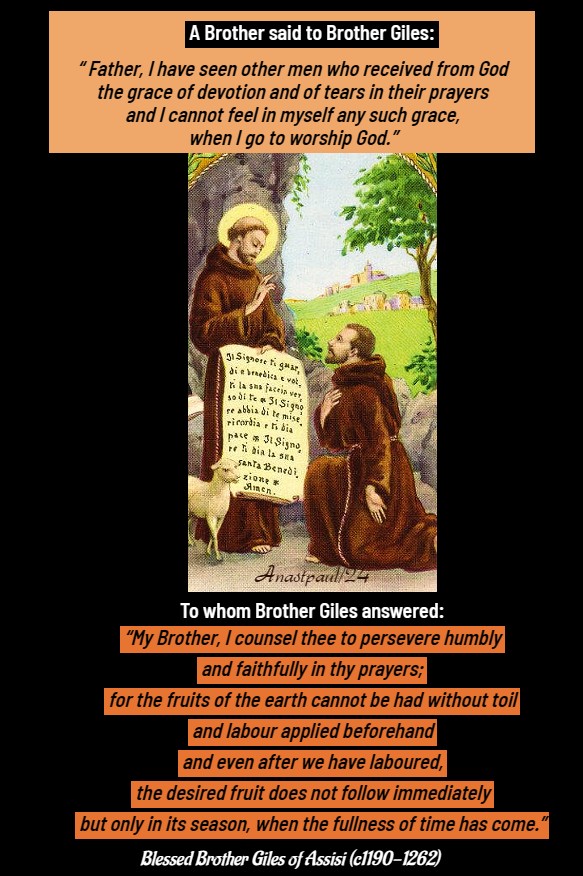









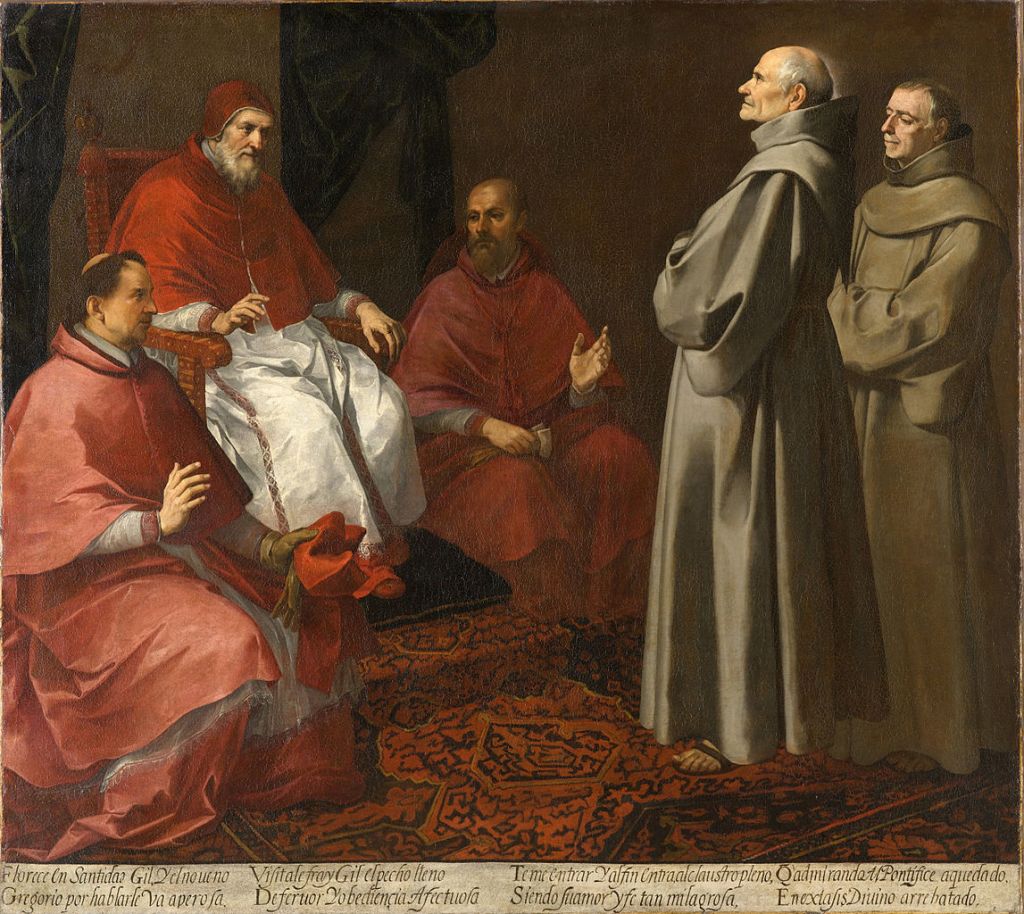

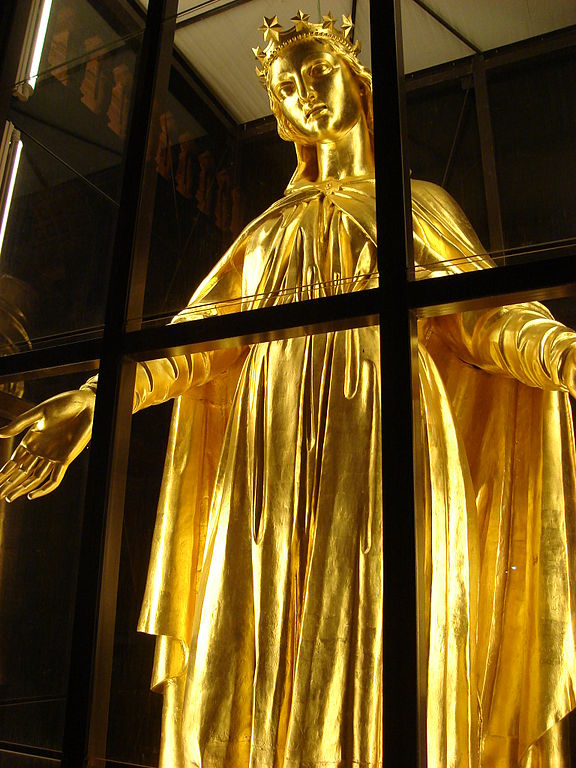
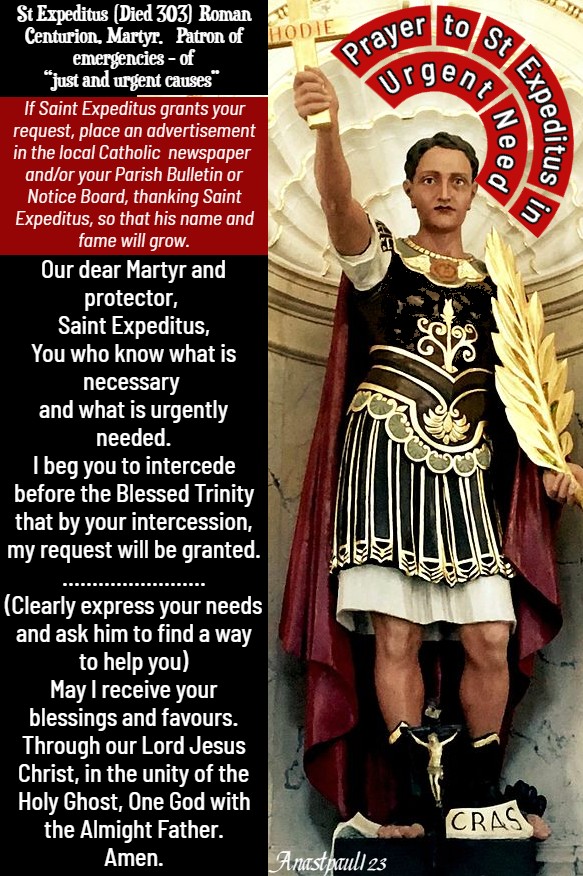

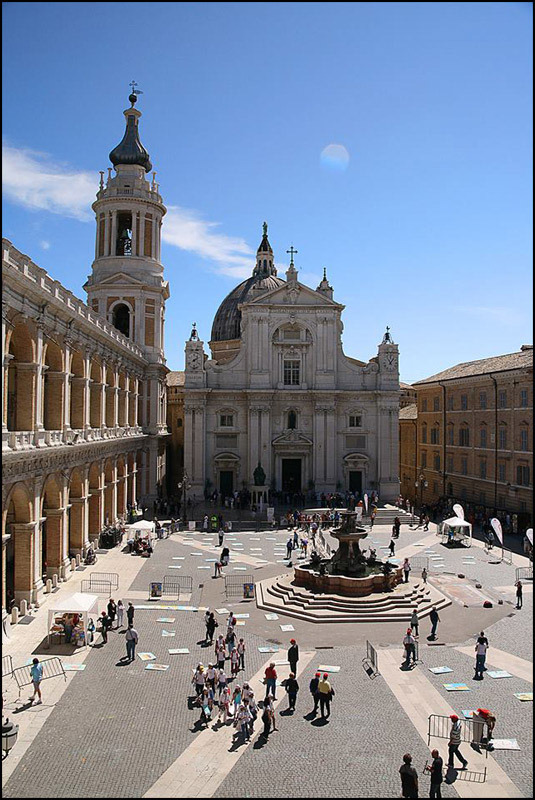
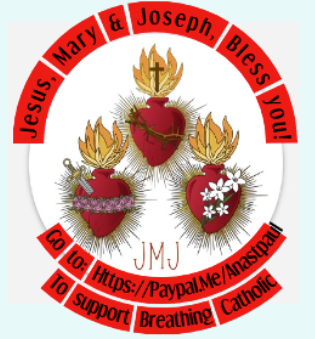
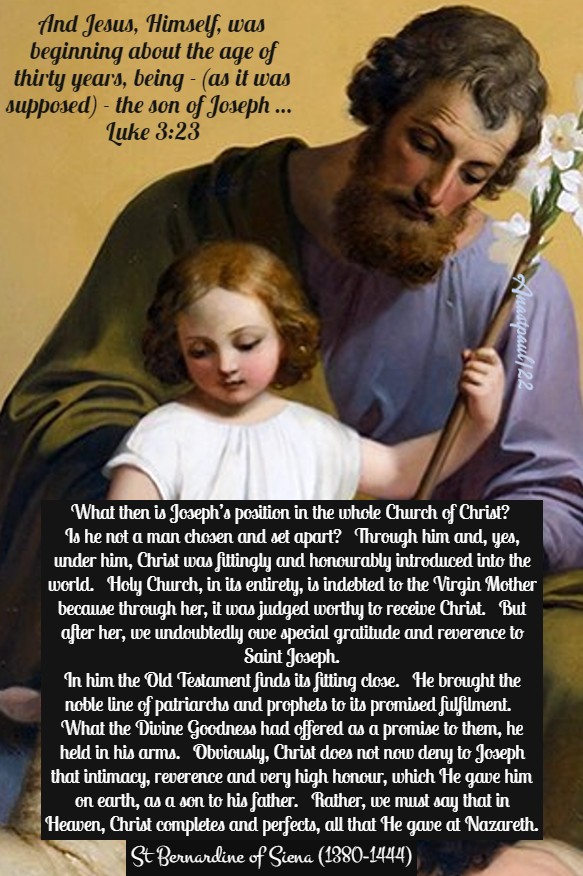







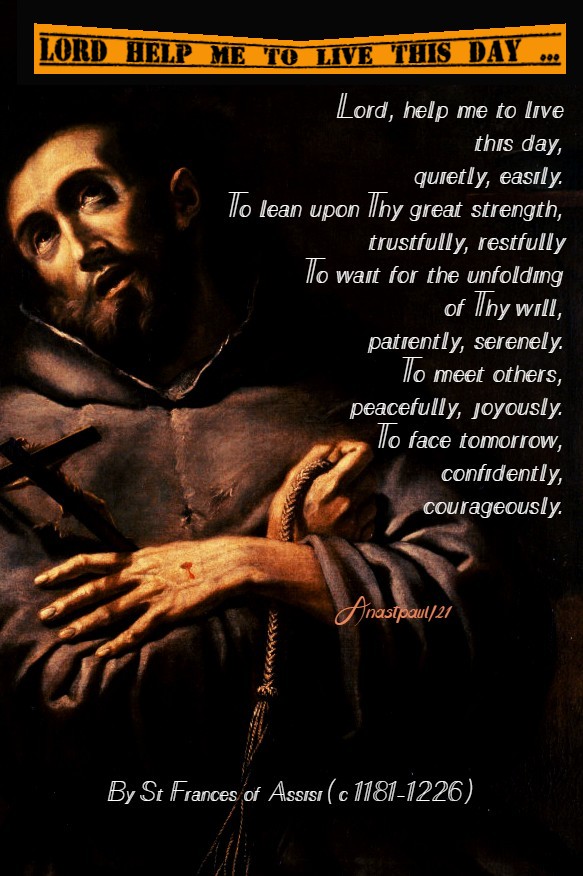


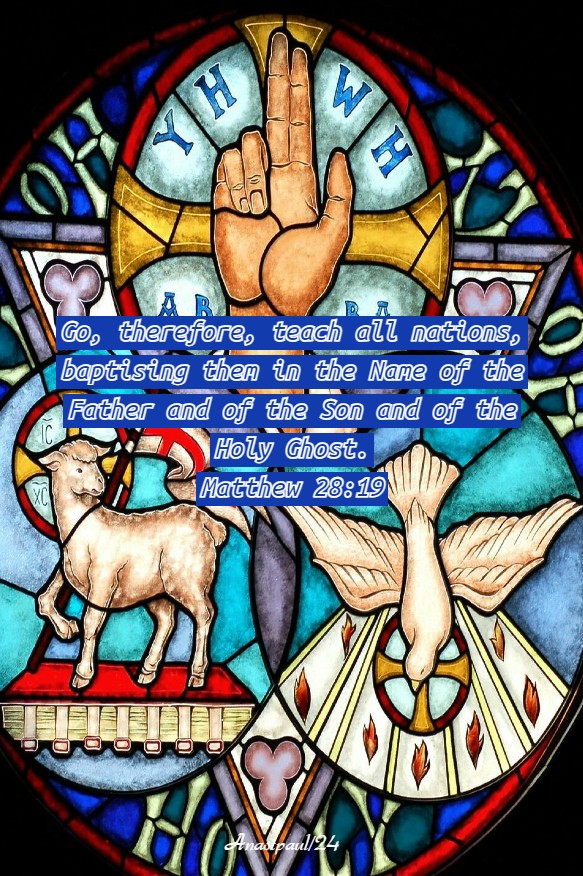
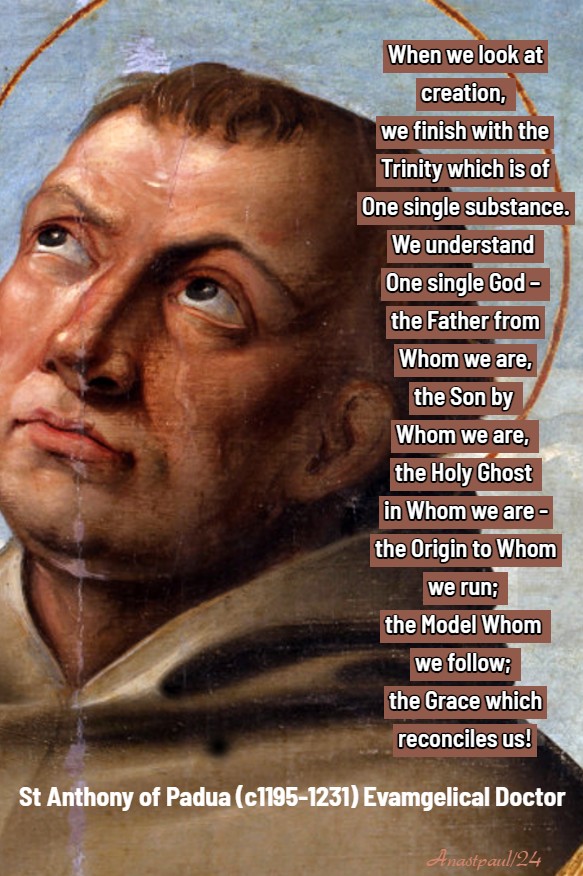
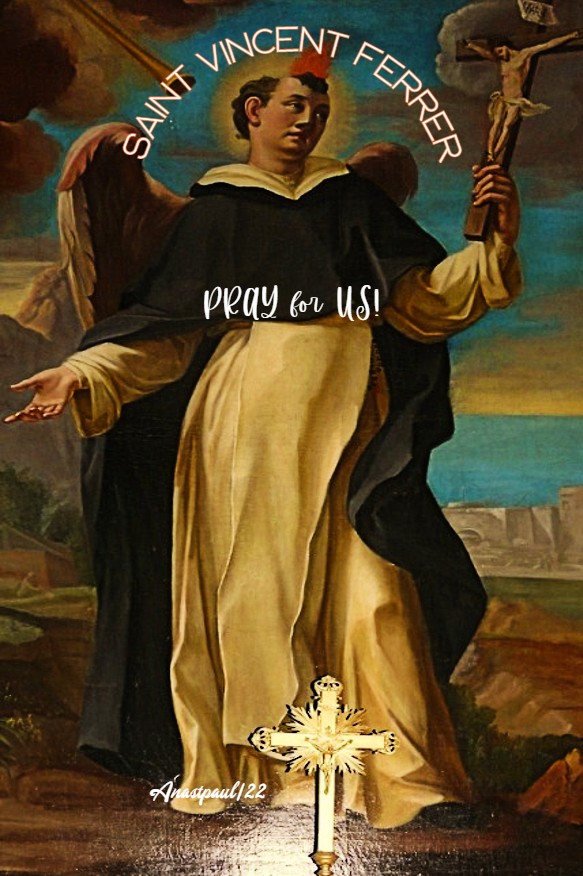









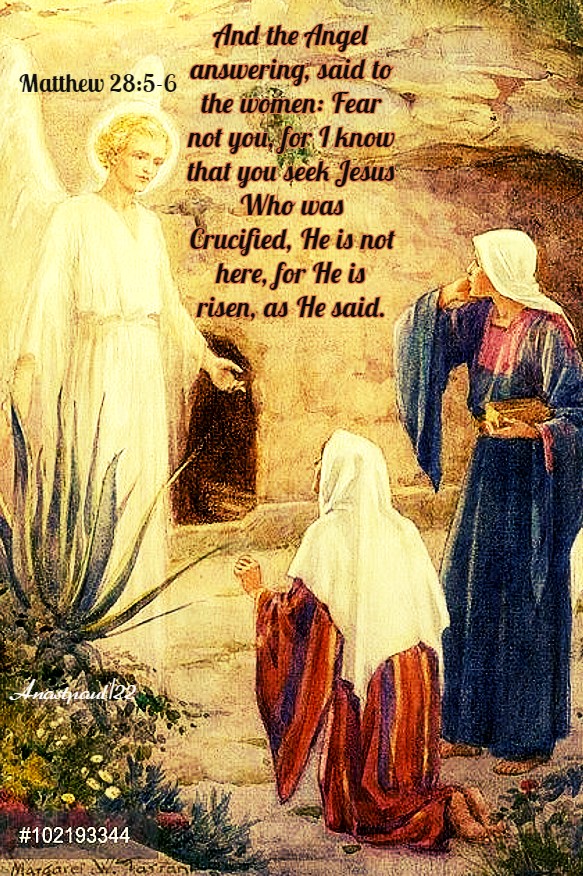



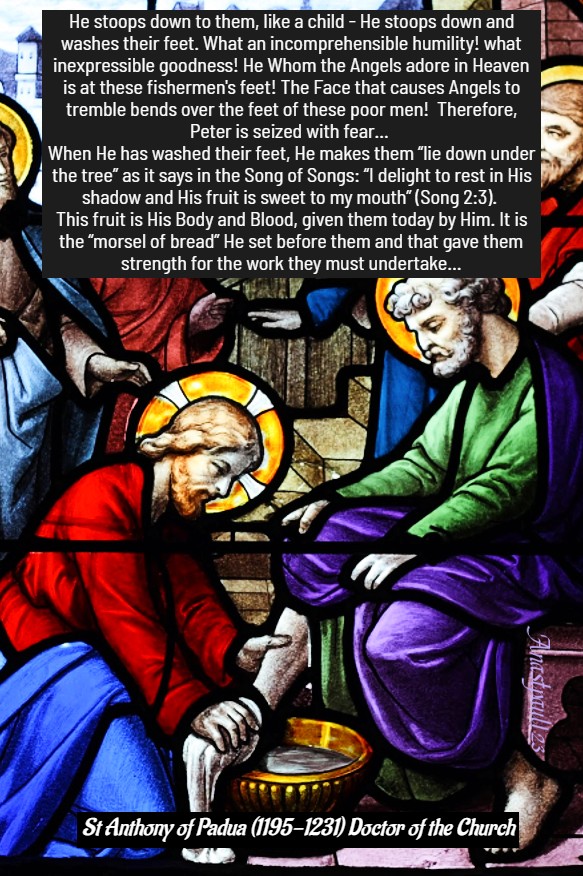
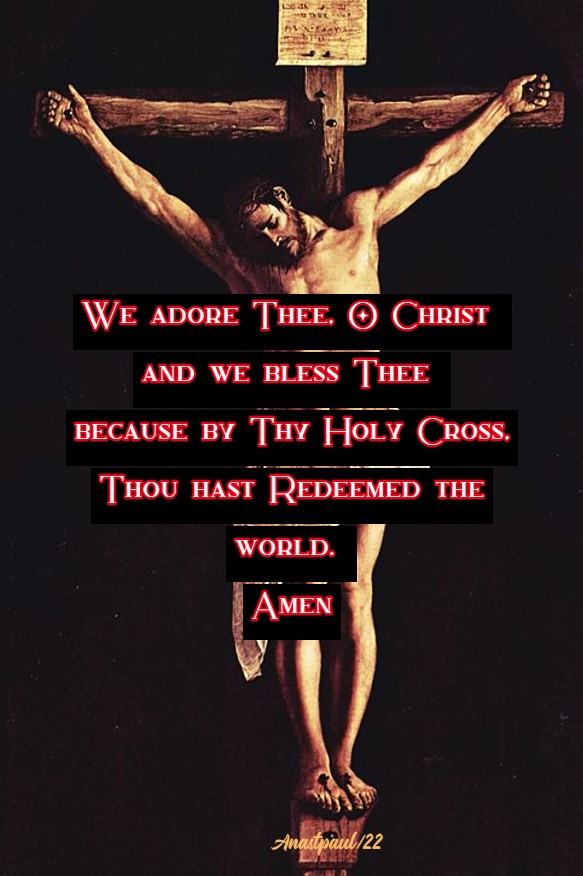
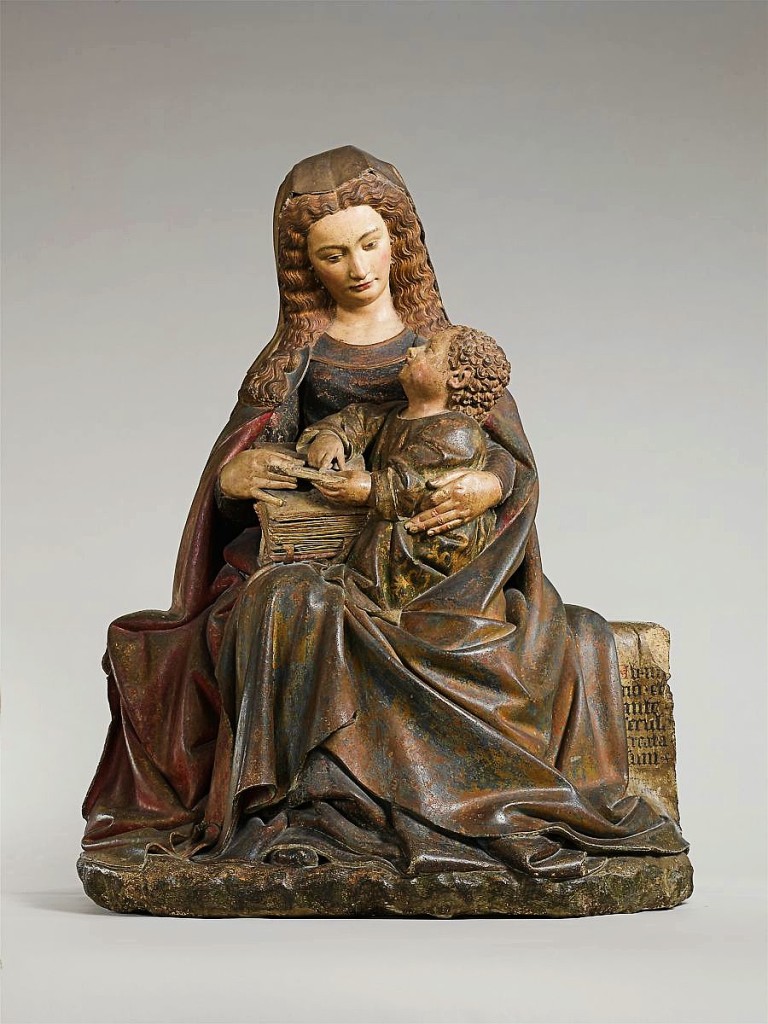



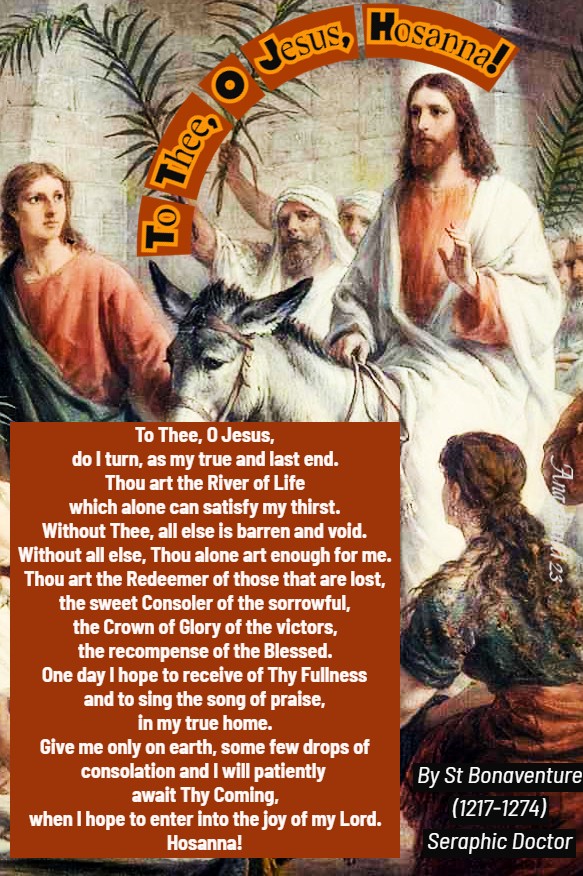








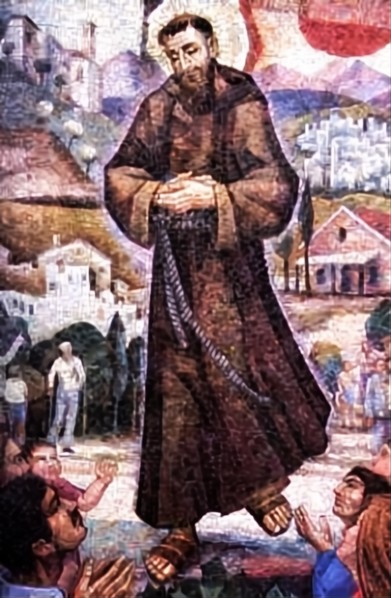



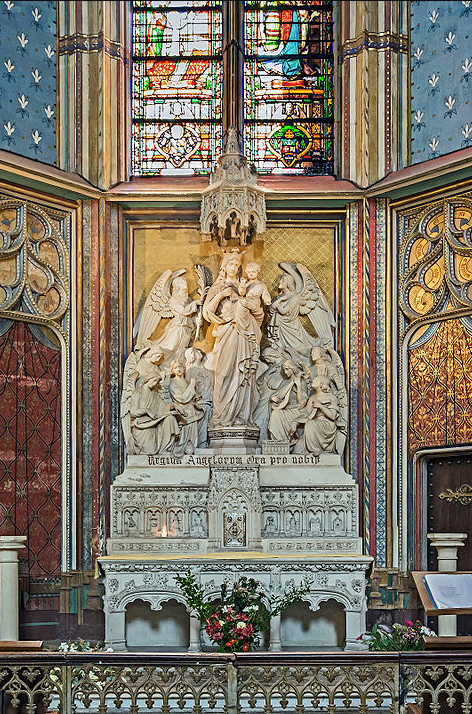











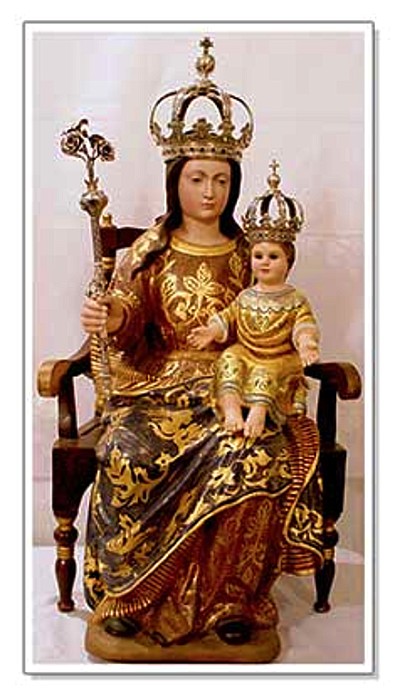




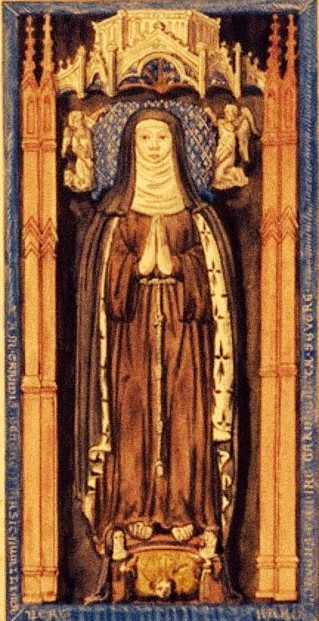

You must be logged in to post a comment.